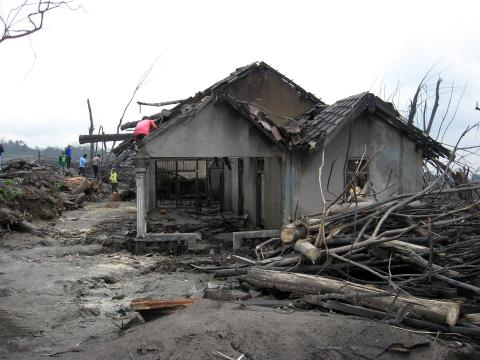Water & Sanitation During Disaster
We could not turn down the opportunity to head to Jogja during the Merapi eruption in November 2010 to video shoot for the Indonesian & Spanish Red Cross on Water and Sanitation during disaster. We knew that moments like these are priceless. The objective of creating these communication tools was to educate and bring awareness […]
Water & Sanitation During Disaster Read More »

